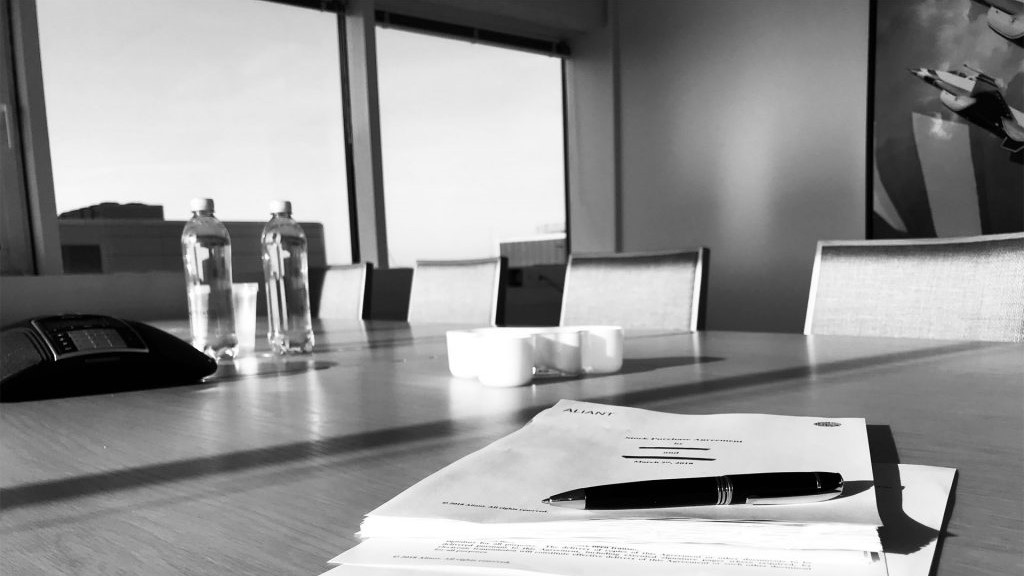
By Tuulia Heiskanen, Aliant Finland. There are growing concerns of big companies’ role as gatekeepers in the digital market superseding the power of law and even acting as the “Internet police” with their filtering technology and surveillance of the Internet. In response, the EU has taken measures to tackle the power of big tech companies on the Internet with the Digital Services Package (DSA) that will update rules of the E-Commerce Directive. In 2019 the Commission started the process of adoption of the DSA package aiming to modernize the legal framework concerning digital services. The package contains two acts, the Digital Services Act (DSA) accepted by the European Parliament on the 20th of January 2022 and the Digital Markets Act (DMA) which was approved in December 2021. The DSA concerns free and fair competition in the digital market and safety of EU citizens online and the DMA will regulate big digital technology companies’ behavior to reduce their power online and have more transparency.
DSA: Common Rules for Online Platforms
The Copyright Directive of 2019 was a step to create common rules and obligations for content sharing platform services, such as YouTube, but many have criticized the directive as giving the companies more reason to monitor and control the behavior of Internet users. The DSA will act as a counter-measure for the aftermath of the Copyright Directive. The Directive created obligations for the services to take down copyright infringing content from their platforms and this in many cases lead to the companies using filtering technologies to identify infringing content and over-removal of content in fear of legal liability.
The scope of DSA is defined concerning intermediary services offering network infrastructure, hosting services and online platforms bringing together sellers and consumers. The DSA includes stronger safeguards in ensuring that take-down notices are processed in non-arbitrary and non-discriminatory manner ensuring human rights, such as freedom of speech. The Act also establishes measures for platform users against erroneous removal of content and rejected tight deadlines for the platforms to remove illegal content.
In addition, DSA will forbid the use of sensitive personal data, such as sexuality, religion and ethnicity, in targeted advertising. There are also specific obligations for very large online platforms (systemic platforms with at least 45 million monthly active users in the EU) to enable users to avoid personalized content. These companies will also have to comply with specific information, and reporting obligations and increase transparency on advertisements and on algorithms used to display them. Some business actors have criticized EU’s strict approach since targeted advertising has an economical importance for competitiveness of businesses. Furthermore, the GDPR has set rules concerning this and online platforms are already offering the possibility for users to define how their data is collected and used.
The DSA also prohibits online platforms form using ‘dark patterns’, deceptive techniques designed to influence user behavior to undermine their ability to make free and informed decisions. The DSA creates obligations for online intermediary services to take measures against hate speech, spread of illegal content and goods and disinformation, such as fake news. With this, EU aims to create a safe online space for EU citizens. The EU approach is that what is illegal offline, should also be illegal offline. The platform users will be able to flag illegal content, with the platform then obliged to notify them of any decisions. Dispute resolution for users needs to be provided as well. Additionally, online platforms must provide information in their terms and conditions on what content is restricted in their platforms.
DMA: Regulating Gatekeepers
The DMA that is already being discussed in the trilogue meeting is another measure to regulate the big tech companies. This will weaken big companies’ position as gatekeepers by, among other things, forbidding them to over-promote their own products, or limit payment possibilities to their own payment methods or impose unfair conditions on business users. To qualify as a gatekeeper under the Act certain criteria must be met. The company must provide a “core platform service” in at least three EEA Member States and in each last three financial years have an annual turnover in the EEA of €6.5 billion or more or had an average market capitalization of at least €65 billion. In addition, the company has to have more than 45 million monthly active end users in the EU and more than 10,000 yearly active business users in the EU. The Commission is obliged to review every 2 years whether a provider of core platform services can still be considered a gatekeeper.
A common example of gatekeeping would be self-preferencing, when a company favors its own products or services on an online platform it owns. The Commission has stated that this kind of behavior is anti-competitive and could lead to inefficient outcomes in the digital market, such as high prices and low quality, as well as less choice and innovation.
There are several ways in which the DMA differs from traditional competition law approach on anti-competitive behavior. Under Article 102 TFEU, a dominant position cannot be simply assumed. It is for the authority or claimant to show that the position exists. In contrast, the DMA it is for the company meeting the threshold criteria of a gatekeeper to show reason not to be designated as a gatekeeper. Under Article 102 TFEU before any authority intervention, evidence is needed that the practices of a company have either the object or effect of restricting competition. This is done case-by-case basis. However, nothing in the DMA suggests that Commission will be bound by case law and administrative practice on dominance. There is no need for evidence of anti-competitive effect. Gatekeepers are not allowed to challenge their regulatory duties based on their conduct not having anti-competitive effects. Therefore, it is clear that the protection of fairness of the market is independent from the protection of the competitive process under Articles 101 and 102 TFEU.
With the DMA, the EU wants to create a level playing field for EU businesses in the digital market and enable small and medium enterprises to enter the market. The DMA also takes measures to restrict the companies from imposing unfair conditions on user. Under the Act, companies who do not comply can imposed a fine up to 10% of their worldwide turnover.
The next step in the legal process is the trilogue meeting of member states, Parliament and the Commission concerning the DSA. It is speculated that the Act would come into force earliest in 2023.



